Zimbabwe’s adoption of artificial intelligence (AI) in media is bringing new opportunities while also leaving some newsrooms behind, as the digital divide risks widening disparities between well-resourced and marginalised news outlets.
Zimbabwe Media Commission (ZMC) chairperson Professor Ruby Magosvongwe Mbuli said that while AI is revolutionising how news is gathered, verified, and shared, community radio stations and newspapers in Zimbabwe remain poorly equipped lacking access to reliable internet, digital tools, and up-to-date training. This technological imbalance could compromise journalistic integrity and increase misinformation in underrepresented areas.
“We are witnessing a form of equilibrium. Technologies are not just reshaping newsroom workflows but also reinforcing divides among practitioners based on where they work and what resources they have. The veracity of news is at stake,” Prof Mbuli said.
By Ruvarashe Gora
AI’s potential to improve journalism through tools that verify facts, track misinformation, and analyse data is clear. However, unequal access to these technologies raises concerns about fairness and editorial control. Editors in under-resourced newsrooms often lack both the digital infrastructure and the skills needed to verify AI-generated content before it is published.
This situation brings back the debate around the digital divide, now not just about owning devices or internet access, but about fair participation in a media industry shaped by emerging technologies. In its 2024 report, UNESCO flagged Zimbabwe’s media sector as vulnerable to uneven AI adoption, calling for urgent training, funding for innovation, and public-private partnerships to modernise community newsrooms.
What’s at stake is the credibility of public information, especially in underserved communities where local media are often the only available sources of news. Prof Mbuli stressed the ongoing need for human editorial oversight in the age of algorithms, saying, “Even with AI’s precision, human editors must retain the authority to check, contextualise, and shape narratives that reflect our social realities.”


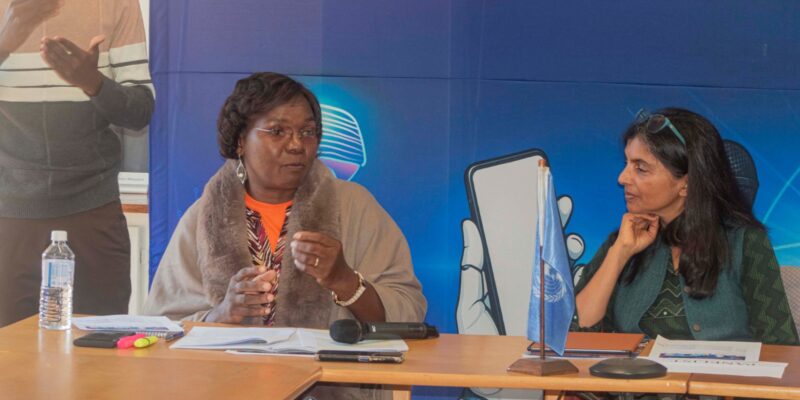
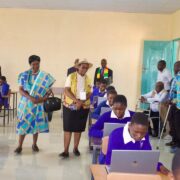

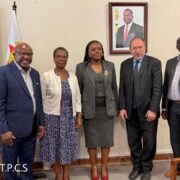


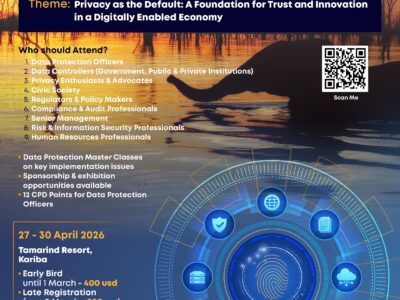
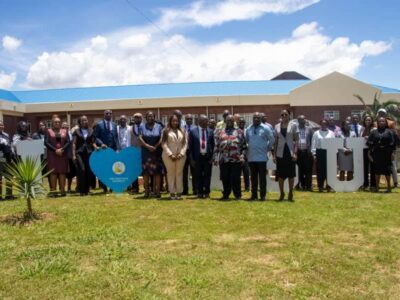




Comments